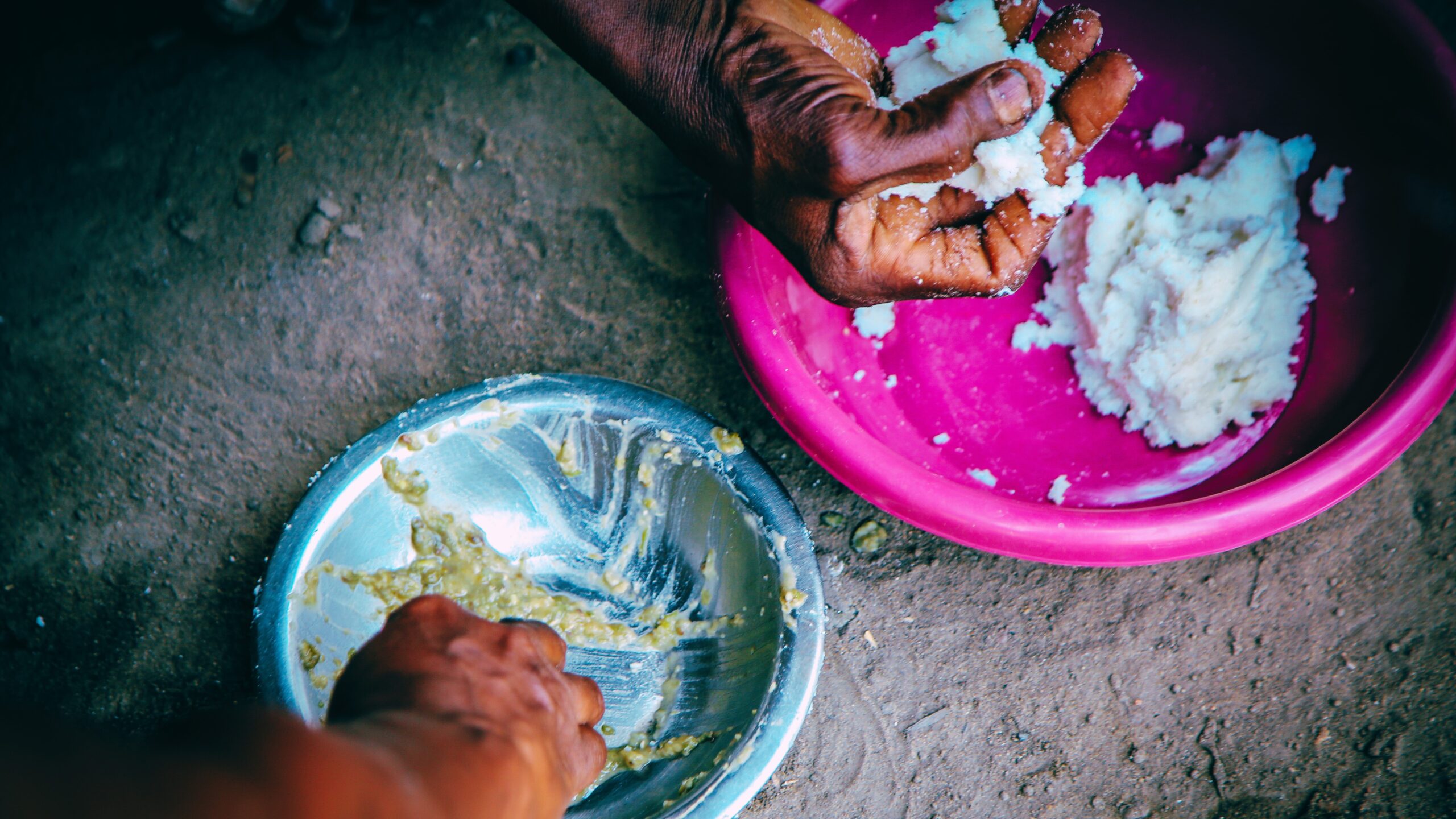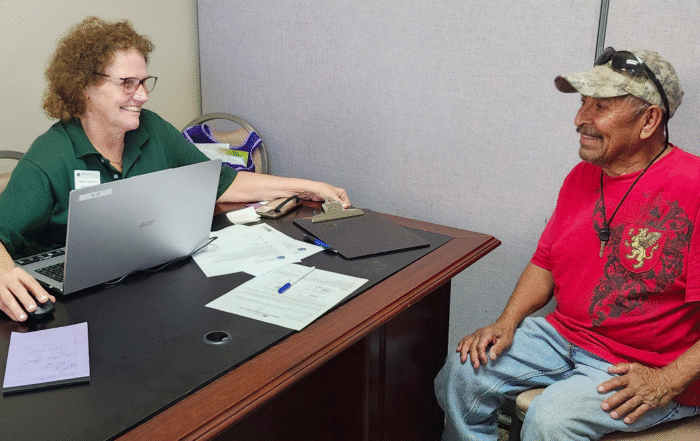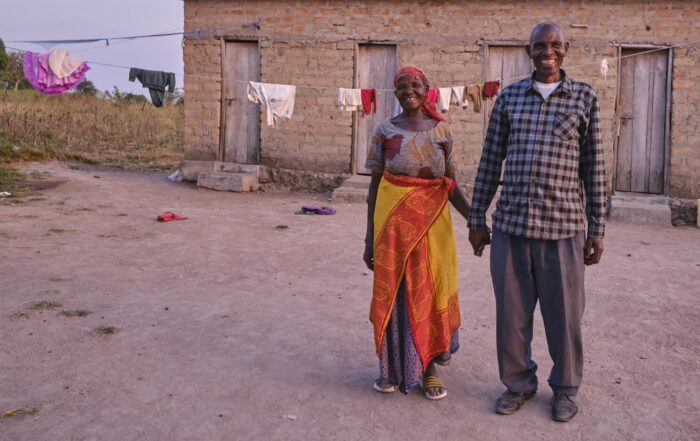
A Recipe for Improved Health

A Recipe for Improved Health
In Senegal, using too many salty bouillon cubes in cooking is commonplace. It seems like a rather trivial thing, but overuse of bouillon cubes can have serious health consequences. For families struggling with poverty and under-nourishment, their health is impacted by an inadequate intake of calories, and by a diet too high in sodium.
In Linguère in Central Senegal, World Renew and its local partner, Lutheran Services for Senegalese Development (SLDS), are running a program to improve families’ overall health. They teach families about proper nutrition, help them start vegetable gardens, and provide direct support to the most vulnerable, like orphans and people living with HIV/AIDS.
Binta got a chance to join a women’s group through this program. She shares, “. . . I participated in the cooking class where we learned from SLDS how to cook vegetables like carrots, turnips, and beans without using [bouillon] cubes. With a group of women from my village, I made onion sauce and seasoned it with salt and pepper. We noticed that the food tasted fresher and less dry than our usual meals.”
When they first joined the group, Binta and many other women were worried that their children were too thin and malnourished. But she says they were happy and relieved to see their kids enjoying the healthier food—and even more thrilled to see improvements in their health.
“They loved the recipe as much as we did. Since then, the physical and emotional health of many of the village children has improved. They have become healthier and more active,” Binta explains. “They preferred this food to the medicine we gave them to treat their malnutrition. When the women went to the clinic to weigh their underweight children after the training, they were told they were healthy and of a good weight.”
Now, Binta and the other women are sharing the recipe with others in their community. “We believe that cooking classes should continue. We share the recipe with the women of the village when we see that their children are not eating enough or are malnourished,” says Binta.
Binta and the other members of the women’s group feel blessed to take part in the program. “. . . [Of] all the lessons SLDS taught us, this was the most important for us and filled our hearts with the greatest joy because no parent wants to see their child suffer from malnutrition,” says Binta. “We are grateful to the SLDS team, World Renew, and the donors for the great results we are currently achieving through the culinary workshops. We pray that God blesses them and grants them good health and long life.”
In Senegal, using too many salty bouillon cubes in cooking is commonplace. It seems like a rather trivial thing, but overuse of bouillon cubes can have serious health consequences. For families struggling with poverty and under-nourishment, their health is impacted by an inadequate intake of calories, and by a diet too high in sodium.
In Linguère in Central Senegal, World Renew and its local partner, Lutheran Services for Senegalese Development (SLDS), are running a program to improve families’ overall health. They teach families about proper nutrition, help them start vegetable gardens, and provide direct support to the most vulnerable, like orphans and people living with HIV/AIDS.
Binta got a chance to join a women’s group through this program. She shares, “. . . I participated in the cooking class where we learned from SLDS how to cook vegetables like carrots, turnips, and beans without using [bouillon] cubes. With a group of women from my village, I made onion sauce and seasoned it with salt and pepper. We noticed that the food tasted fresher and less dry than our usual meals.”
When they first joined the group, Binta and many other women were worried that their children were too thin and malnourished. But she says they were happy and relieved to see their kids enjoying the healthier food—and even more thrilled to see improvements in their health.
“They loved the recipe as much as we did. Since then, the physical and emotional health of many of the village children has improved. They have become healthier and more active,” Binta explains. “They preferred this food to the medicine we gave them to treat their malnutrition. When the women went to the clinic to weigh their underweight children after the training, they were told they were healthy and of a good weight.”
Now, Binta and the other women are sharing the recipe with others in their community. “We believe that cooking classes should continue. We share the recipe with the women of the village when we see that their children are not eating enough or are malnourished,” says Binta.
Binta and the other members of the women’s group feel blessed to take part in the program. “. . . [Of] all the lessons SLDS taught us, this was the most important for us and filled our hearts with the greatest joy because no parent wants to see their child suffer from malnutrition,” says Binta. “We are grateful to the SLDS team, World Renew, and the donors for the great results we are currently achieving through the culinary workshops. We pray that God blesses them and grants them good health and long life.”



